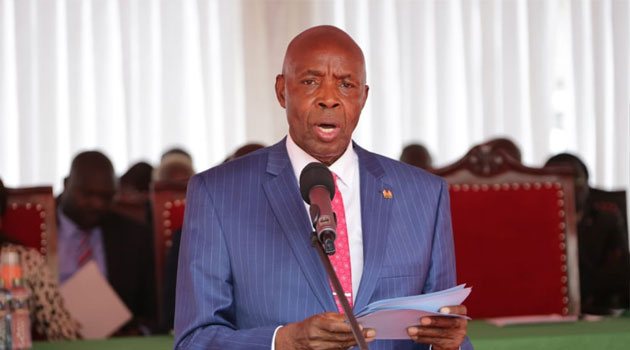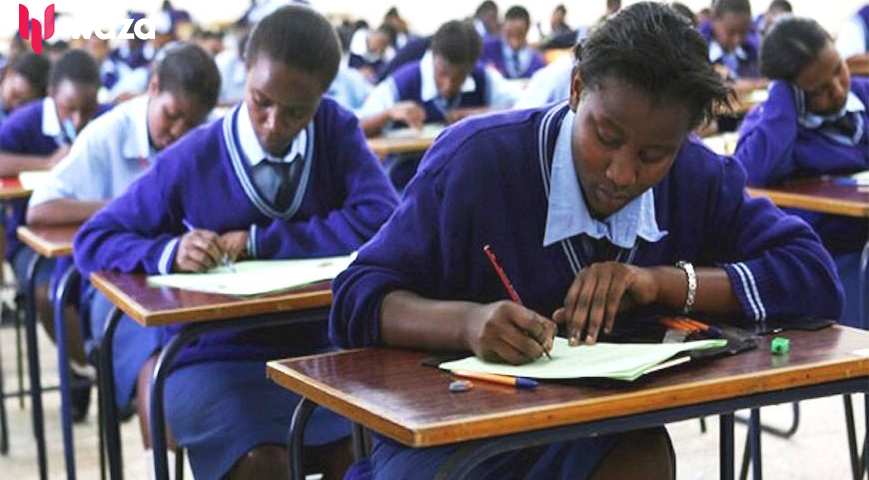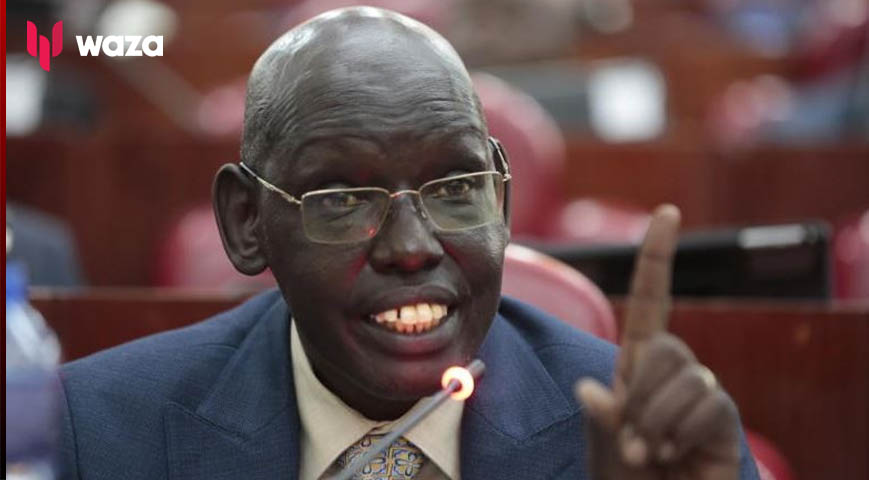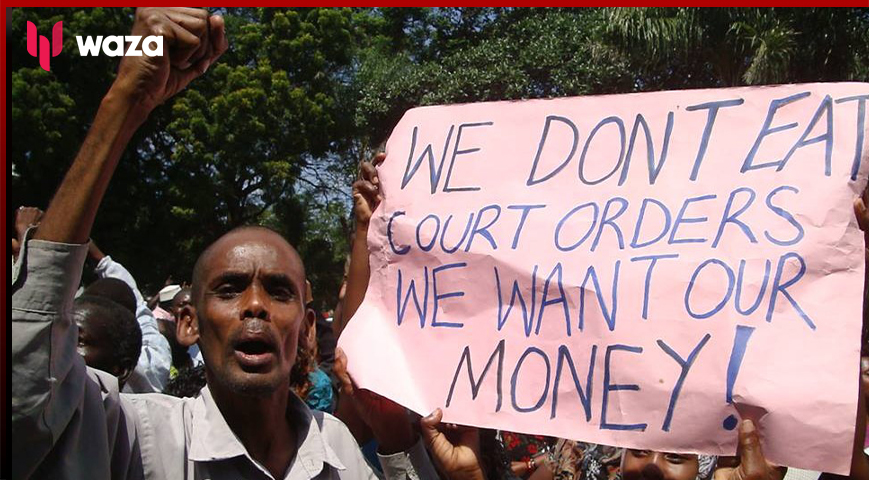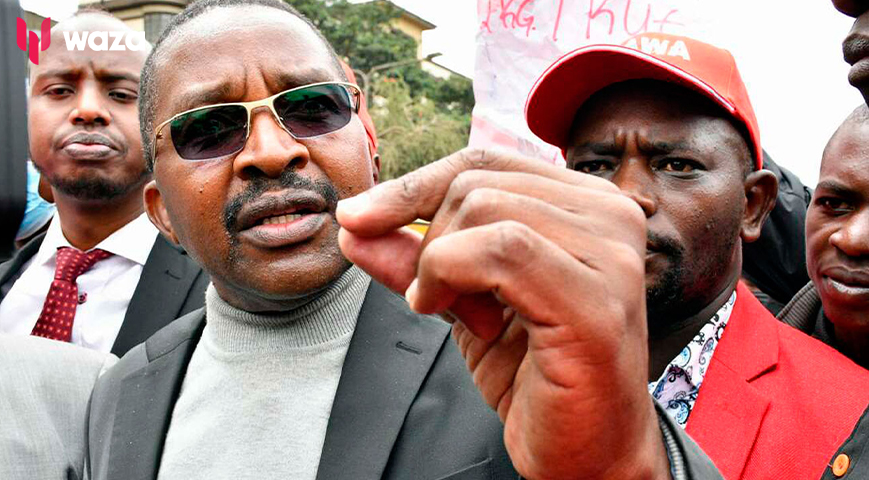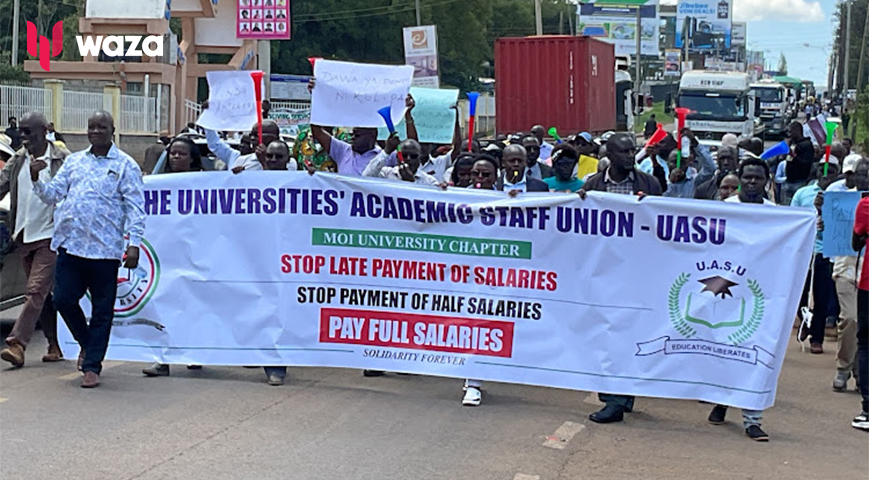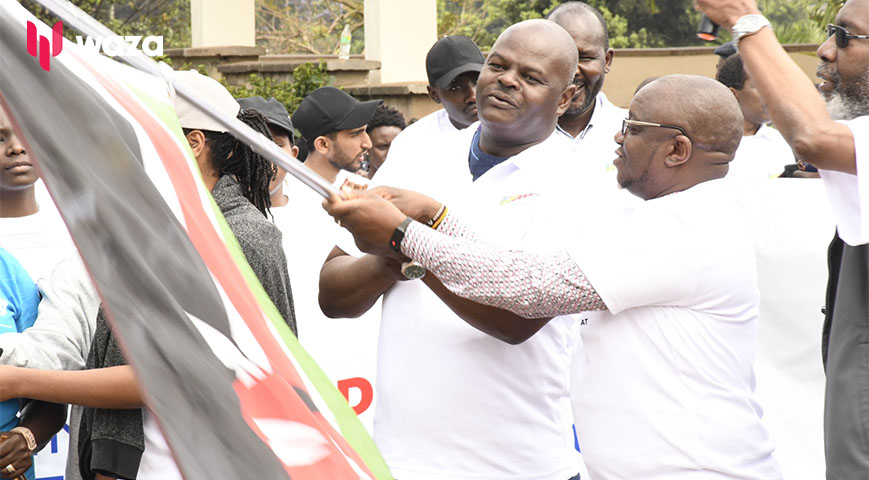The National Government plans to hire 1,300 trainers to address the shortage in Technical Vocational Education and Training(TVET) institutions in the country.
According to Education CS Ezekiel Machogu, the vacancies will be announced next week as the National Treasury has already allocated funds for the drive in the budget for the next financial year 2023-24.
Speaking during the graduation ceremony for 1,811 students at the Kenya Coast National Polytechnic (formerly MTTI) in Mombasa in a speech read on his behalf by TVET PS Dr Esther Muoria Machogu said the government has prioritised the expansion of TVETs through the building, equipping, staffing and funding construction of new institutions.
“The government will soon recruit 1,300 trainers to address the gap experienced in TVET institutions. The National Treasury has allocated the funds in the 2023-2024 annual budget and vacancies will be advertised,” the CS said.
Additionally, he revealed that the Public Service Commission (PSC) has promoted 3,269 TVET trainers.
Did you read this?
Mid-last month, the CS revealed that there are about 6,201 trainers in TVET institutions in the country.
during a meeting with principals and managers of TVET institutions.
However, he said there is a shortage of 8,817 trainers but the government plans to recruit 3,000 new trainers to address the shortage.
He also confirmed that TVET institutions in the country increased from 52 in 2013 to 238 in 2021.
Out of these, 192 are operational while 46 are in various development stages nearing completion, according to data from the Ministry of Education.
Further, he noted that for Kenya to attain the development agenda and realise social-economic aspirations, a critical mass of technologists, technicians and artisans needs to be trained.
“Consequently, TVET institutions must design demand-driven programmes that shall bridge identified skill gaps in the ever-changing labour market,” he said.
Machogu urged TVETs to benchmark, collaborate and partner with other top institutions in the world.
“Through such collaborations, TVET trainees will upon graduation obtain dual certifications and would have a competitive advantage to seek employment globally,” he said.
On her part, PS Muoria said she was under pressure to produce skilled manpower in the country.
“We have to do what needs to be done. These young people must be trained. This has to be the ‘Damascus’ point where we make a turn,” she said.
Muoria said the sector is facing financial challenges and the budget allocated to TVET in the last financial year was not enough.
The ministry of education was allocated Kes544.4 billion in the 2022-23 budget as was announced by then CS Treasury Ukur Yatani in April last year.
TVETs and vocational training institutes were allocated Kes1.8 billion for the construction and equipping of the institutions. This was the same amount allocated in the 2021-22 budget.
“This budget is still not enough, I have been to Parliament with my team twice this year pushing for the budget to be increased. They have agreed to add us money though I will not mention what was added,” the PS said.
She, however, urged TVET institutions to think of how they can generate their own revenue instead of depending on allocation from the National Treasury.

